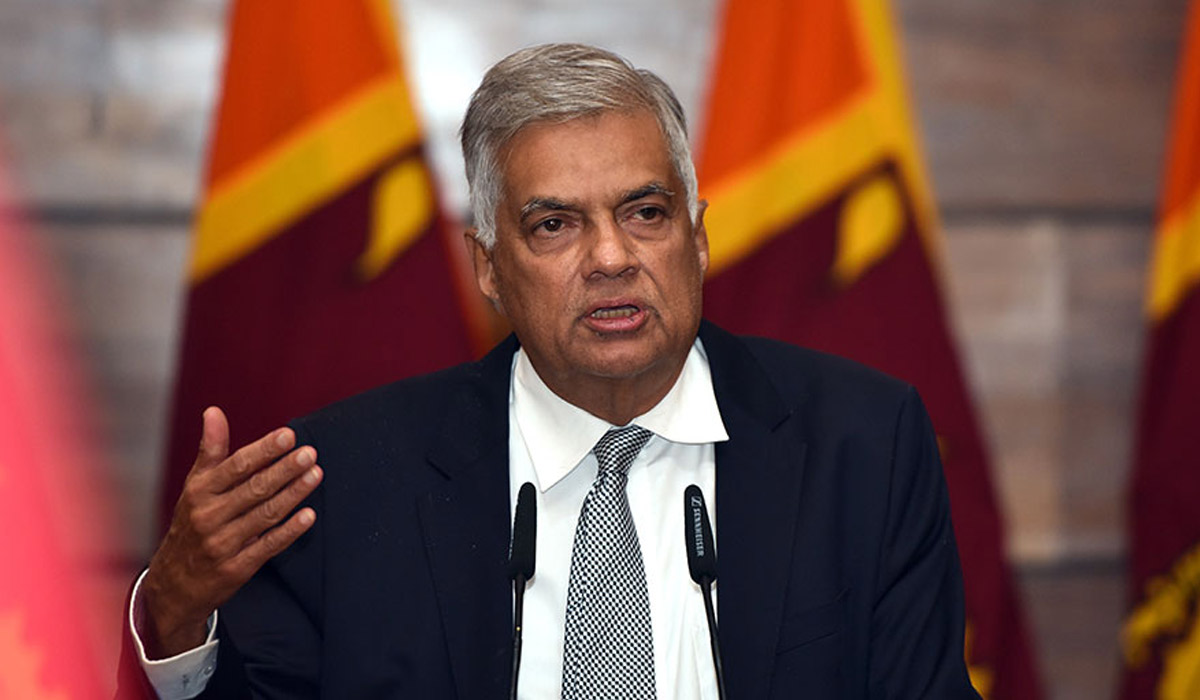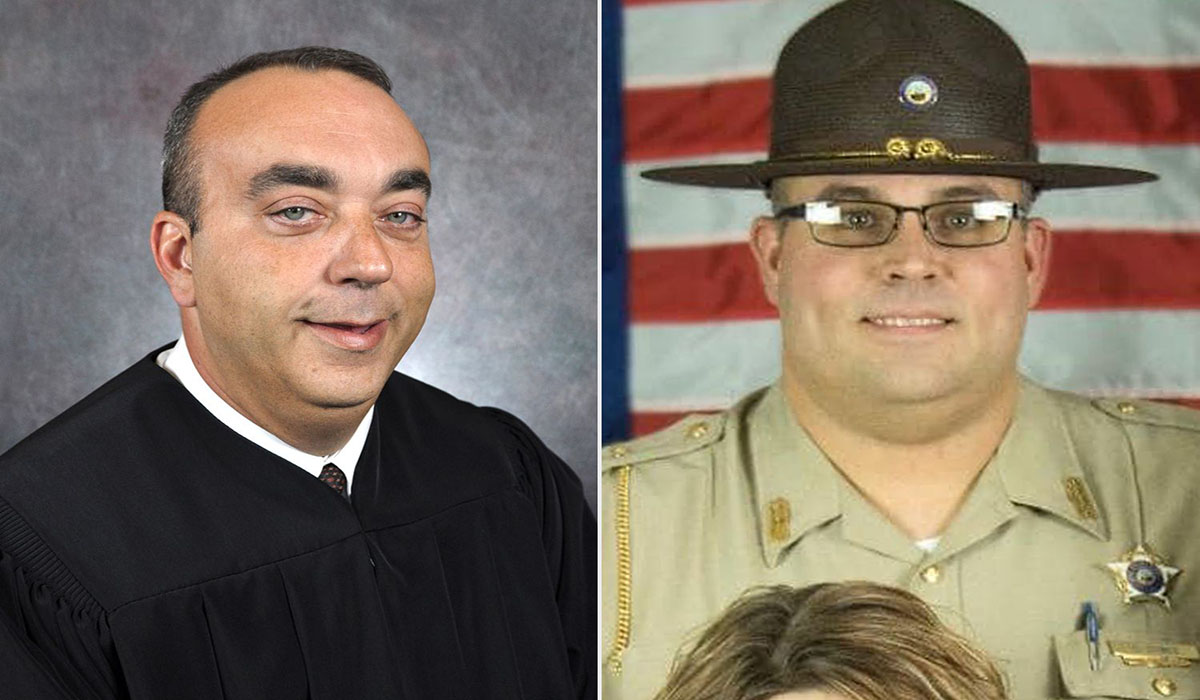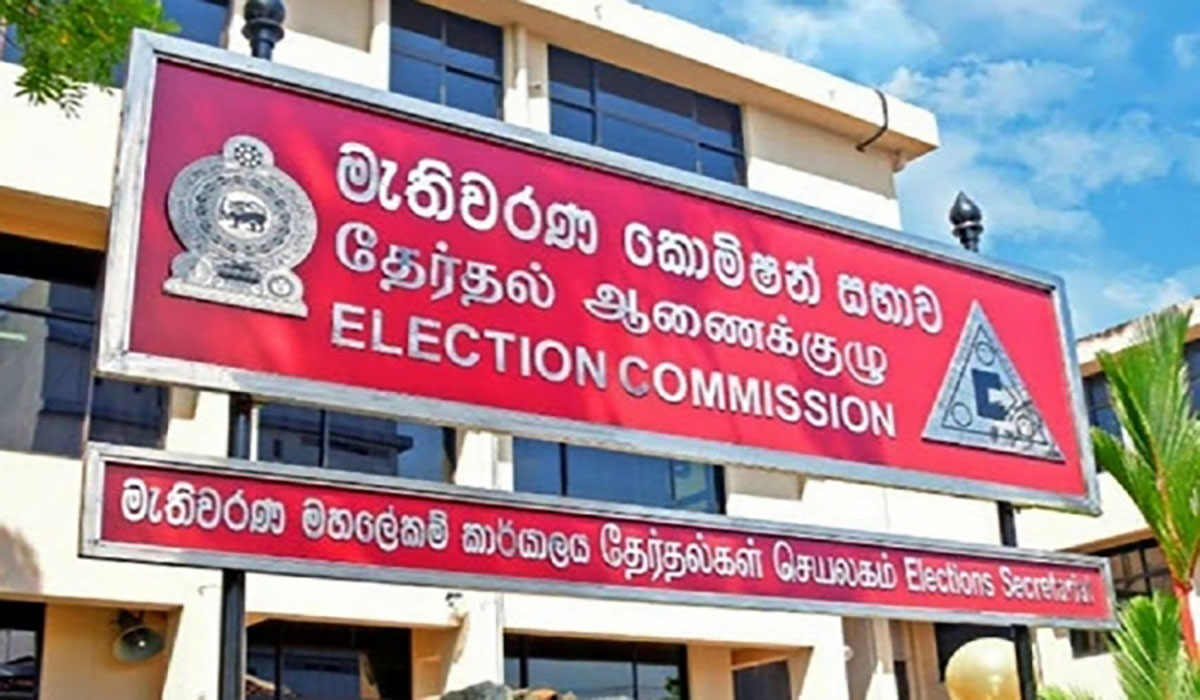People in Sri Lanka are confused and worried about President Ranil Wickremesinghe’s recent move to draft a 22nd Amendment to the Constitution. Critics believe this is a tactic to delay the upcoming presidential elections, which the Elections Commission is expected to announce soon.
Presidential Apologies and Blame-Shifting
Recently, President Wickremesinghe has been outspoken. He criticized the judiciary for interfering with the government while handing out land deeds in Mahiyanganaya. Later, he reassured people at the opening of a new courts building in Beligaha that the 22nd Amendment would not harm Sri Lankan democracy.
He said the amendment just fixes a small mistake in the 19th Amendment of the Constitution, which limits presidential and parliamentary terms to five years. According to him, this was an oversight by the drafters of the 19th Amendment. He even apologized to the people, blaming an “inexperienced” lawyer for this mistake.
Many Sri Lankans are skeptical of these apologies, seeing them as insincere. The President has a history of blaming others for issues in his administration. For instance, he previously blamed anti-corruption lawyers for failed prosecutions and now blames a lawyer for a mistake in the Constitution, despite the fact that the 19th Amendment was drafted by people chosen for their loyalty to him.
Misrepresenting Judicial Decisions
The President is also accused of misrepresenting court decisions. For example, in Mahiyanganaya, he claimed that a court decision from 2002-2003 stopped the distribution of land deeds, implying that people would have received land rights earlier if not for the judiciary’s interference.
However, this is a distortion of facts. The court decision was about a 2003 “Lands Ownership” Bill, which was challenged because it did not follow the proper legal procedures. The Bill was withdrawn because it didn’t follow the rule that requires provincial councils to be consulted before state land is given away.
The Current Controversy
The debate over the 22nd Amendment is heating up. Critics argue that changing Article 83(b) of the Constitution, which requires a two-thirds majority in Parliament and a Referendum, could disrupt the electoral schedule and delay both presidential and parliamentary elections.
If President Wickremesinghe is trying to manipulate the Constitution to undermine democratic elections, it could have serious consequences








